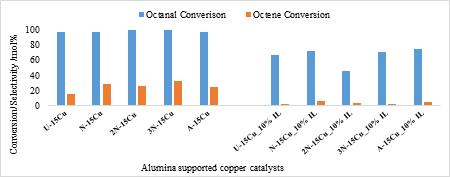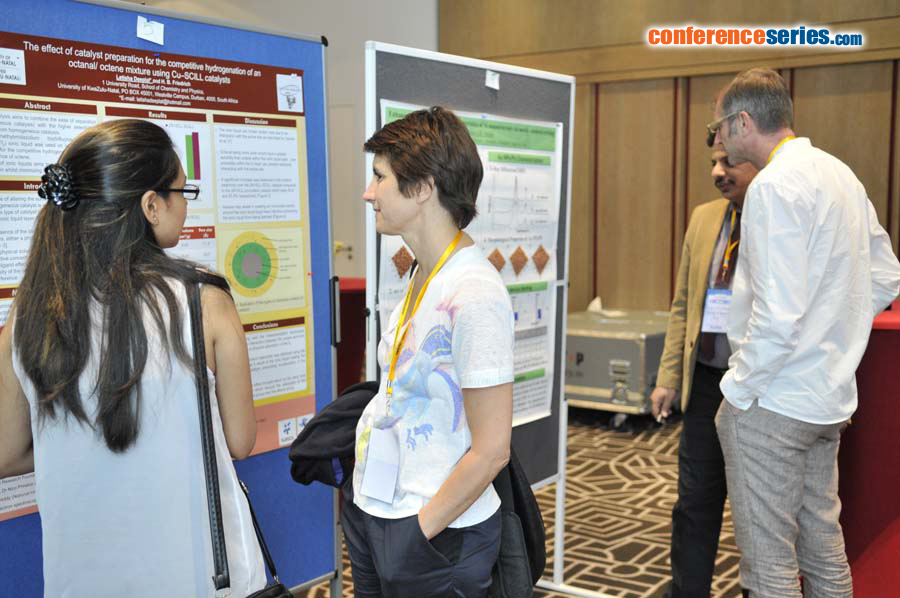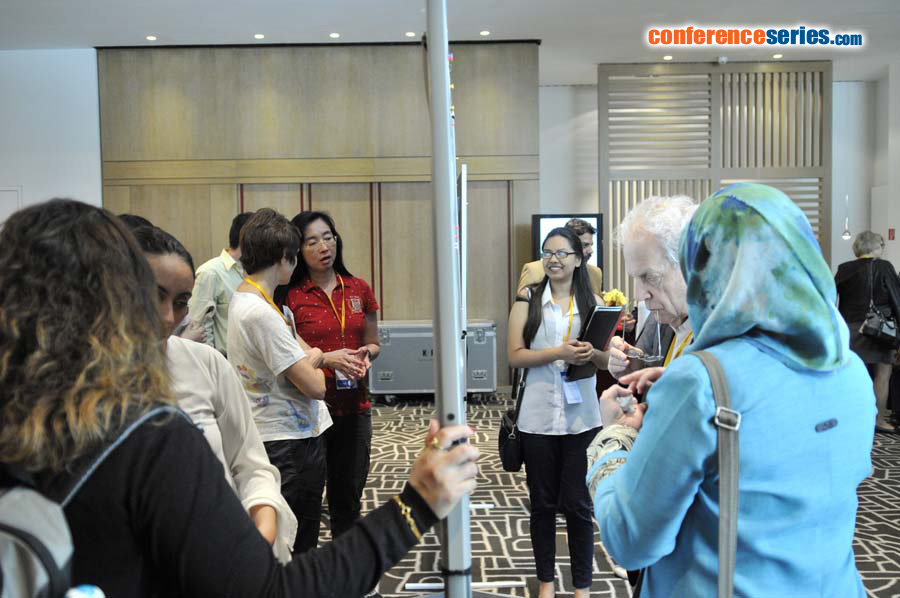
Letisha Deeplal
University of KwaZulu-Natal, South Africa
Title: The effect of catalyst preparation for the competitive hydrogenation of an octanal/octene mixture using Cu–SCILL catalysts
Biography
Biography: Letisha Deeplal
Abstract
The competitive hydrogenation of octanal in the presence of octene has applications downstream of the hydroformylation process. The octanal should be hydrogenated to the desired product, octanol, while avoiding or inhibiting the hydrogenation of octene. Solid catalysts with an ionic liquid coating (SCILL) are a relatively new field of catalysis, which aims to combine the favorable properties of both homogeneous and heterogeneous catalysis. The heterogeneous catalyst must be fully understood before the ionic liquid is introduced, as does the role of the catalyst preparation for the coated and uncoated catalysts. First, a series of monometallic copper catalysts (15 wt%), were investigated, then this was extended to the effect of the ionic liquids. The catalysts were synthesized via wet impregnation, and characterized to determine surface morphology, metal-ionic liquid and metal-support interaction on the catalyst surface. The feed used consisted of 2 (m/m)%, octene, 10 (m/m)% octanal and 88 (m/m)% octanol. The uncoated N-15Cu catalyst shows the highest activity, which could be a result of a greater metal dispersion and metal-support interaction. Irrespective of octene conversion on the uncoated catalysts, once coated with the ionic liquid, all catalysts give similar conversions due to the site blocking capability of the ionic liquid on the C=C adsorption sites. This could also be a ligand effect whereby the imidazole functionality donates electron density to the metal resulting in greater selectivity toward the C=O bond adsorption in a competitive mixed feed system.
Conversion of octanal and octene obtained over the 15Cu/Al2O3 catalysts with and without ionic liquid at 160°C and 50 bar. These catalysts were prepared using difference synthesis methods (O-15Cu: CuNO3 precursor, pH not adjusted, N-15Cu: CuNO3 precursor at pH 10, 2N-15Cu: 2 step impregnation at pH10, 3N-15Cu: 3 step impregnation at pH 10, A-15Cu: Cu(OAc)2 precursor at pH 10)






